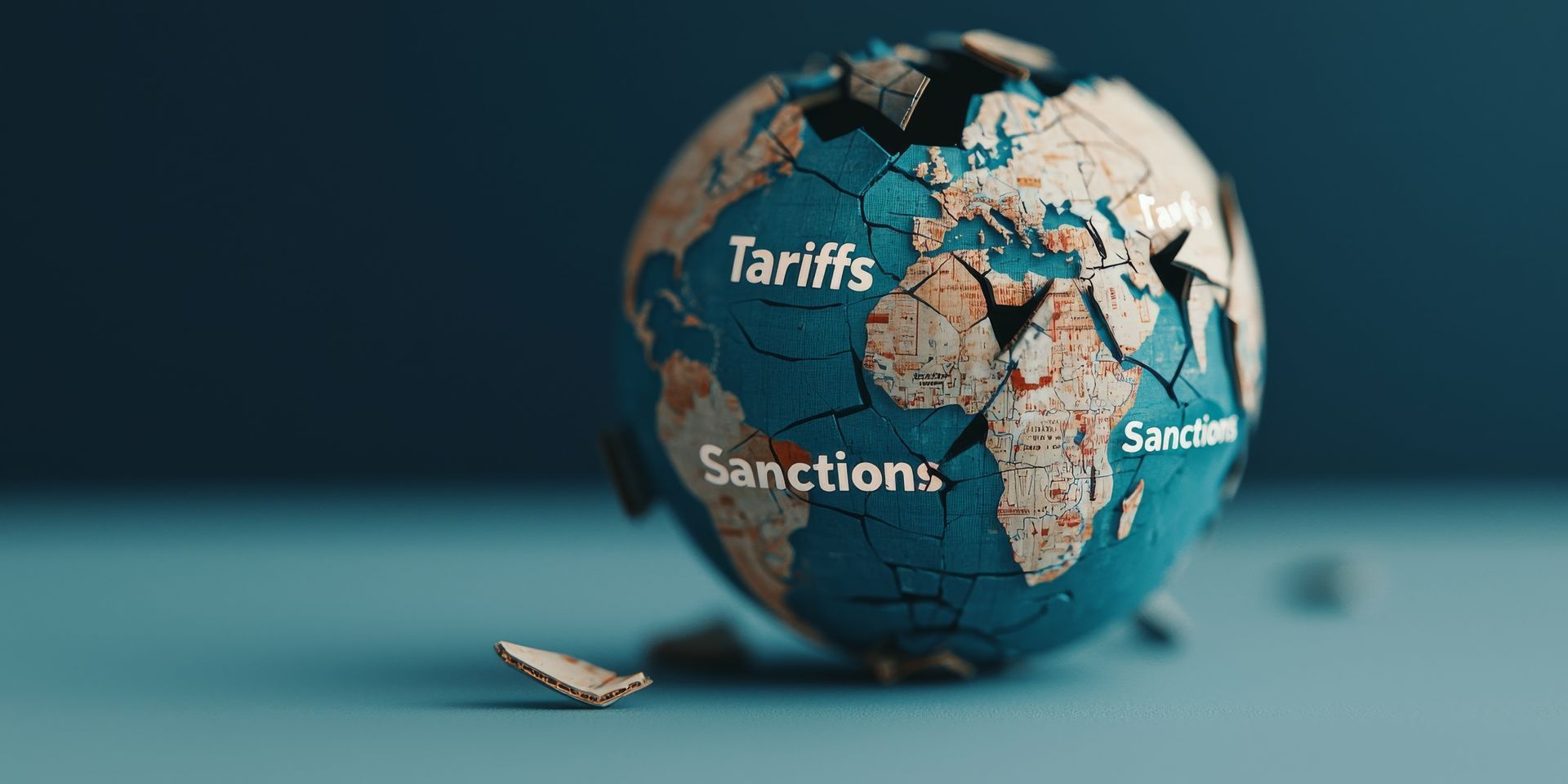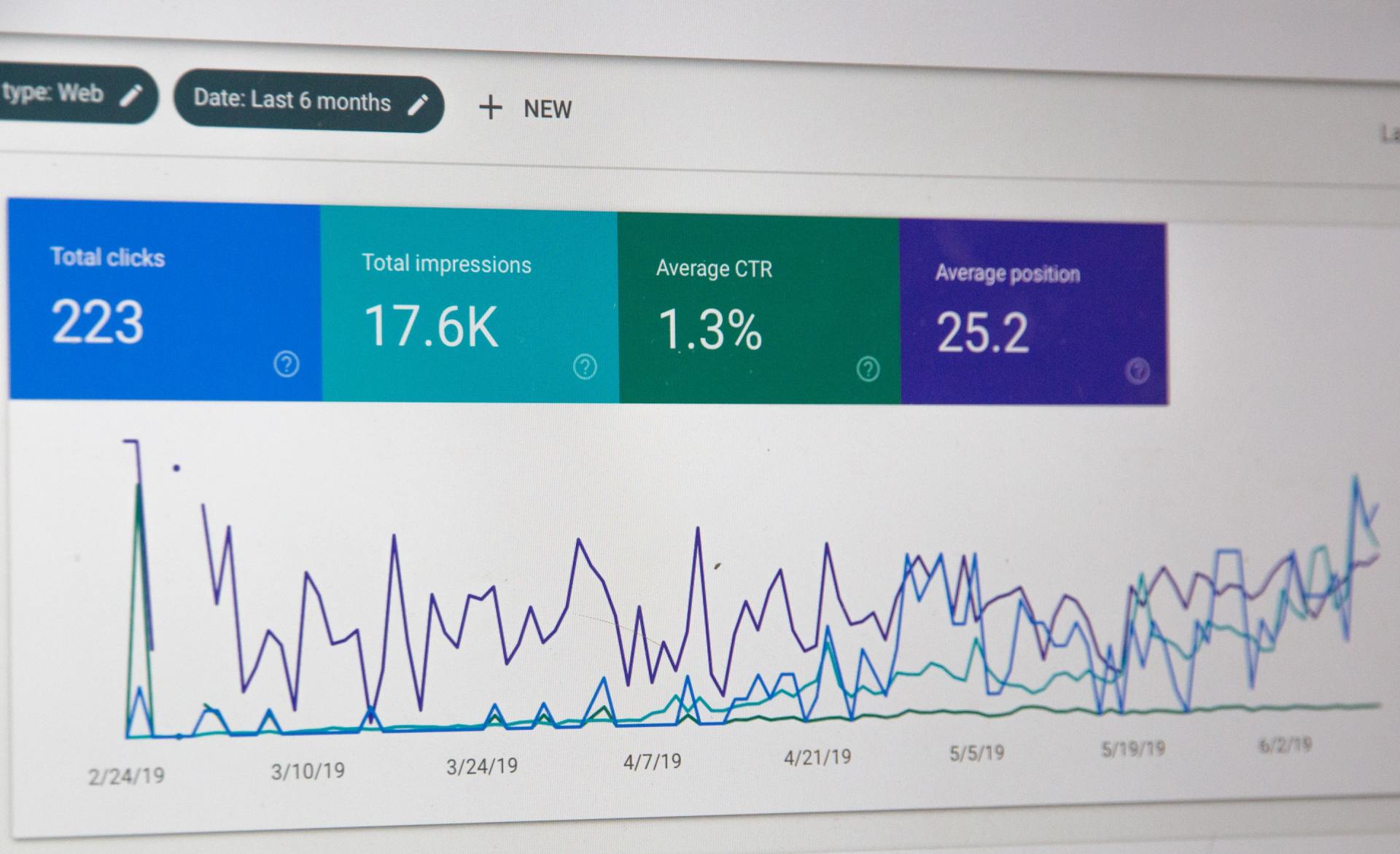
Tariffs vs. Tech: How Small Businesses Are Using AI to Survive Trump’s Trade War
By
Joseph Provence, a news contributor who writes about technology, small business, SEO, and e-commerce.
Mar 17,2025 5:30 PM MST
The impact of President Trump’s tariff policies has been a point of debate, contributing to market instability and raising concerns about a recession. Since his inauguration, the S&P 500 has seen a six percent decline, reflecting uncertainty in the economy. Small businesses, which form the backbone of the U.S. economy, are feeling the pressure. The NFIB Small Business Optimism Index dropped to 100.7 in February, signaling caution among business owners.
At the same time, artificial intelligence is transforming industries, with generative AI projected to command 30 percent of the AI market by 2025, reaching a valuation of 60 billion dollars. While tariffs and AI are widely discussed as separate issues, few have explored how small businesses are turning to AI to offset costs and maintain competitiveness. This intersection of policy, technology, and business resilience offers a fresh perspective.
In Support of Tariffs:
Jamie Dimon, CEO of JPMorgan Chase, acknowledged the inflationary nature of the Trump tariffs but deemed them crucial for national security.
"If it's a little inflationary, but it's good for national security, so be it. I mean, get over it."
John Ferriola, former CEO of Nucor Corporation, defended the Trump administration's steel tariffs, stating,
"We're treating other countries how they treat us."
The Small Business Reality
Imagine a manufacturer in the Midwest, reliant on imported materials, suddenly facing a 25 percent tariff hike. With margins already tight, absorbing the extra cost is not an option, nor is raising prices without losing customers. Instead of scaling back operations or laying off workers, the company invests in AI automation to optimize production, reduce waste, and cut costs.
This scenario is becoming more common as business owners seek ways to navigate the strain imposed by tariffs. Market fluctuations, supply chain disruptions, and declining consumer confidence highlighted by the University of Michigan’s recent survey add to the challenge. While 68 percent of small businesses report stable cash flow, many remain hesitant to expand.
How AI Is Changing the Game
Small businesses are embracing AI solutions to counteract the impact of tariffs. These technologies help in several areas:
- Inventory Management: AI systems analyze purchasing patterns and optimize stock levels, reducing waste and preventing overordering.
- Customer Service Automation: AI chatbots and virtual assistants cut labor costs while maintaining quality customer interactions.
- Tariff Impact Predictions: AI models analyze trends and provide pricing recommendations, helping businesses adjust strategies.
For example, AI hosts in restaurant settings have generated additional revenue ranging from $3,000 to $18,000 per month per location, according to David Yang, founder of Newo.ai.
Additionally, technologies like blockchain are gaining traction, offering supply chain tracking to help businesses navigate tariffs.
The Bigger Picture AI Trust and the Future of Business
Beyond cost cutting, AI adoption raises larger questions about trust and adaptation. Businesses are increasingly viewed as leaders, yet they face criticism for inaction. How can firms prove AI’s value without alienating employees or customers?
Industry experts suggest that businesses need to balance efficiency with transparency, ensuring that AI enhances human roles rather than replacing them. While some remain skeptical about AI’s reliability, success stories suggest that those who adopt AI early will be better positioned to survive economic shifts.
The Takeaway
AI might be the key to helping small businesses withstand Trump’s trade policies but only if they act quickly. As tariffs reshape the economy, the divide between tech adopters and those slow to adapt may widen. Will AI innovation become a necessity for survival or will traditional business models find ways to endure? The answer could define the next era of small business success.




